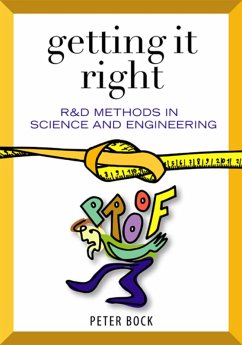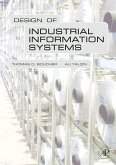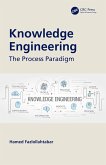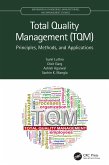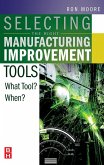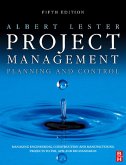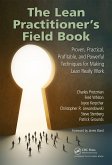This book has been designed to provide professional engineers, scientists, and students with a consistent and practical framework for the rigorous conduct and communication of complex research and development projects. Although courses and training in research methods are common and generally required of social science professionals, a vast majority of physical scientists and engineers have had no formal classroom training or on-the-job mentoring on proper procedures for research methods. Getting It Right emphasizes the comprehensive analysis of project problems, requirements, and objectives; the use of standard and consistent terminology and procedures; the design of rigorous and reproducible experiments; the appropriate reduction and interpretation of project results; and the effective communication of project design, methods, results, and conclusions.
- Presents a standard methodology for conducting coherent, rigorous, comprehensible, and consistent R&D projects
- Thoroughly researched to appeal to the needs of R&D engineers and scientists in industry
- Will also appeal to students of engineering and science
Dieser Download kann aus rechtlichen Gründen nur mit Rechnungsadresse in A, B, BG, CY, CZ, D, DK, EW, E, FIN, F, GR, HR, H, IRL, I, LT, L, LR, M, NL, PL, P, R, S, SLO, SK ausgeliefert werden.

